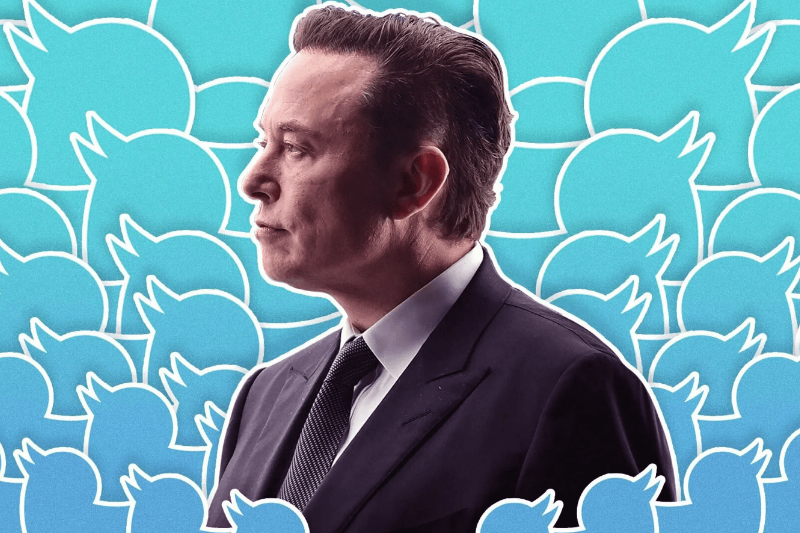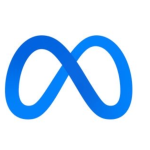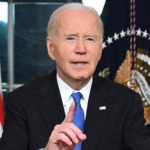
EU Accuses X of Deception: The Big Controversy Reveal
The Techno King of Tesla, Elon Musk’s social media platform X, finds itself at the center of a disaster as the European Union (EU) lodges some serious accusations against it. The reason behind the issue lies in the blue tick verification system, which the EU accuses of being deceptive and potentially misleading for users.
EU’s Allegations Against X
X is charged by the EU with Violating the Digital Services Act (DSA) as they allow anyone to have a blue tick that is a symbol of verified identity on that social media platform, after paying a certain amount. The EU argues that this privilege actually opens the door for cyber criminals to abuse and misuse the system, misleading users into trusting false identities.
The seven months-long investigation on this issue, uncovered several crucial issues:
- Misleading Verification: Once a marker of authenticity on social media, the blue tick can now be purchased by anyone, probably cheating users about the identity and trustworthiness of the account user.
- Lack of Transparency: EU also accused X for contravening EU rules as it reportedly fails to provide necessary data for research. Researchers are refrained from independently accessing public data, hindering transparency.
- Inadequate Interface Design: The design and operation of X’s interface for blue tick accounts do not align with industry practices, further misleading users.
- Potential FInes and Operational Changes: X could face fines up to 6% of its global annual turnover and be compelled to implement significant operational changes, if found guilty.
Related Posts
Musk’s Rebuttal: Defending Free Speech
Elon Musk responded aggressively to these accusations, calling the DSA a “misinformation.” He argued that the EU’s regulations amount to censorship, impinging on free speech, a principle he adamantly supports.
X’s CEO Backs Company Practices
CEO of X, Linda Yaccarino, defended the practices of the platform, emphasizing that a democratized verification system is better and superior to one limited to a privileged few. She also claims this stance promotes wider access and inclusivity around Europe.
Ongoing Investigations and Wider Implications
The EU’s review is not limited to just X; platforms like Meta, AliExpress and TikTok are also under threat. Commissioner of Internal Market, Thierry Breton, underscored the need for trustworthy sources of information, criticizing the current procedure of X’s verification system.
The Commision contradicted Musk’s censorship claims, emphasizing that the DSA’s objective is to ensure a safe and fair online environment that respects user’s rights, including freedom of expression. The rule requires companies to notify users when their accounts are restricted and allow them to contest bans.
Looking Ahead: Resolution or Confrontation?
As the EU continues its investigation into X’s practices concerning illegal misinformation and content, the platform has the chance to defend itself or align with regulatory requirements. Whether this conflict will lead to crucial changes in X’s operations or a prolonged legal battle is awaited.
The outcome of this confrontation will not only decide the future of X but also set a paradigm for how digital platforms navigate the complex situation of regulation, free speech and user safety.
In this unfolding battle between EU and X, the stakes are high, with implications that could reverberate across the digital world.



 They deceive users
They deceive users









